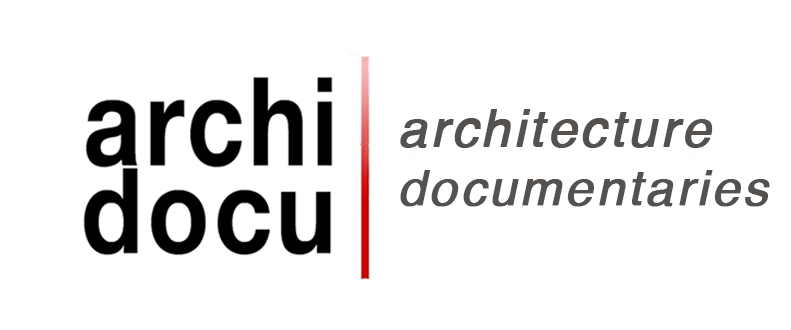ZEVI – Our Story A Partially Autobiographical View of Bruno Zevis Genius
ZEVI – Our Story from Rick Meghiddo on Vimeo.

Poster of the documentary ZEVI – Our Story
Bruno Zevi (1918-2000) NOW – WHY?
This is a time of major transformations: scientifically, technologically, demographically, and politically. Climate change has already reached a point where the question is not if but how we will cope. Bruno Zevi, an architect, historian, critic of architecture, writer, publisher, and politician, continues to be a source of inspiration for the invention of the future.
The documentary that leads this blog is partially autobiographical. It shows some samples of how ideas and a rich cultural environment such as that of Italy in general, and of Rome, in particular, can impact the minds of young people, as it did to us. It gives the audience a visualization of how a charismatic intellectual influenced his generation’s best architects and thinkers. Besides his knowledge of history, Zevi’s primary source of inspiration was Frank Lloyd Wright, the greatest thinker-architect of at least the last five hundred years.
Zevi was one of the few critics of architecture that Wright respected. Still, many other architects in Europe, the United States, and Latin America admired him. Also, politicians listened to him, even those who disagreed with his premises. His capacity to communicate ideas and inject enthusiasm into architects of all ages – and not only to architects – was unique. At the base of his exuberance was a passion for questioning “assumed truths.” He brought to the surface what was meaningful about a particular place, time, culture, and architecture. He believed that culture and politics should be intimately related, with culture leading politics and not the other way around.
While supporting the positive aspects of the 20th Century’s Rationalist architecture – the Bauhaus’ architects, Le Corbusier, and his followers – he acknowledged their limits. He knew that Frank Lloyd Wright’s principles of Organic Architecture were long-lasting because they were based on nature and history’s essentials.
Zevi’s writings, like Wright’s, must be read. You can’t read Zevi’s books lying on a couch. They have to be studied. Similarly, the monthly magazine he published for fifty years, L’Architettura, was filled with content on projects of relevance. Architect John Lautner once said it was the only architectural magazine he read.
Zevi and Us
Our relationship with Zevi spanned over thirty years. To tell the many stories surrounding our bond through letters and one-to-one discussions would take many pages. Still, a few paragraphs can give an idea.
As a teacher, Zevi demanded to visit at least once all the important architectural monuments in Rome and many other across Italy. That meant intense traveling, photographing, writing notes, and drawing.
In 1971, when we made our “Wright pilgrimage” across twenty-five states, Zevi introduced us to Edgar Kaufmann Jr., then the director of the Industrial Design Department at MOMA, who facilitated for us exclusive access to Fallingwater.
In 1975 we won the first prize in a conceptual design competition on high density in Israel. He wrote about our project in an article published in L’Espresso magazine. When we finished our first tiny apartment in Tel Aviv, he climbed ten floors – the elevators were not functioning – to visit us. He asked me to send him photographs of it and a project for a memorial in Golan Heights, which we had not won. Over the years, he published several of our projects: our house in Westwood, which was the first on record to have had solar panels and a vegetable garden, and our Senior Housing project in Jaffa.
We met Zevi for the last time in 1998 when returning from a three-week workshop in Palermo between Italian, Israeli, and Palestinian architects. The news of his passing in January of 2000 reached us in Los Angeles while on a short visit at the turn of the millennium. When we returned to Tel Aviv, I wrote “Pronto Professore.” The poem was later on read at the Italian Cultural Institute in Los Angeles by poet-actor Jack Grapes.

Sample of letters received from Bruno Zevi between 1973 and 2000.























